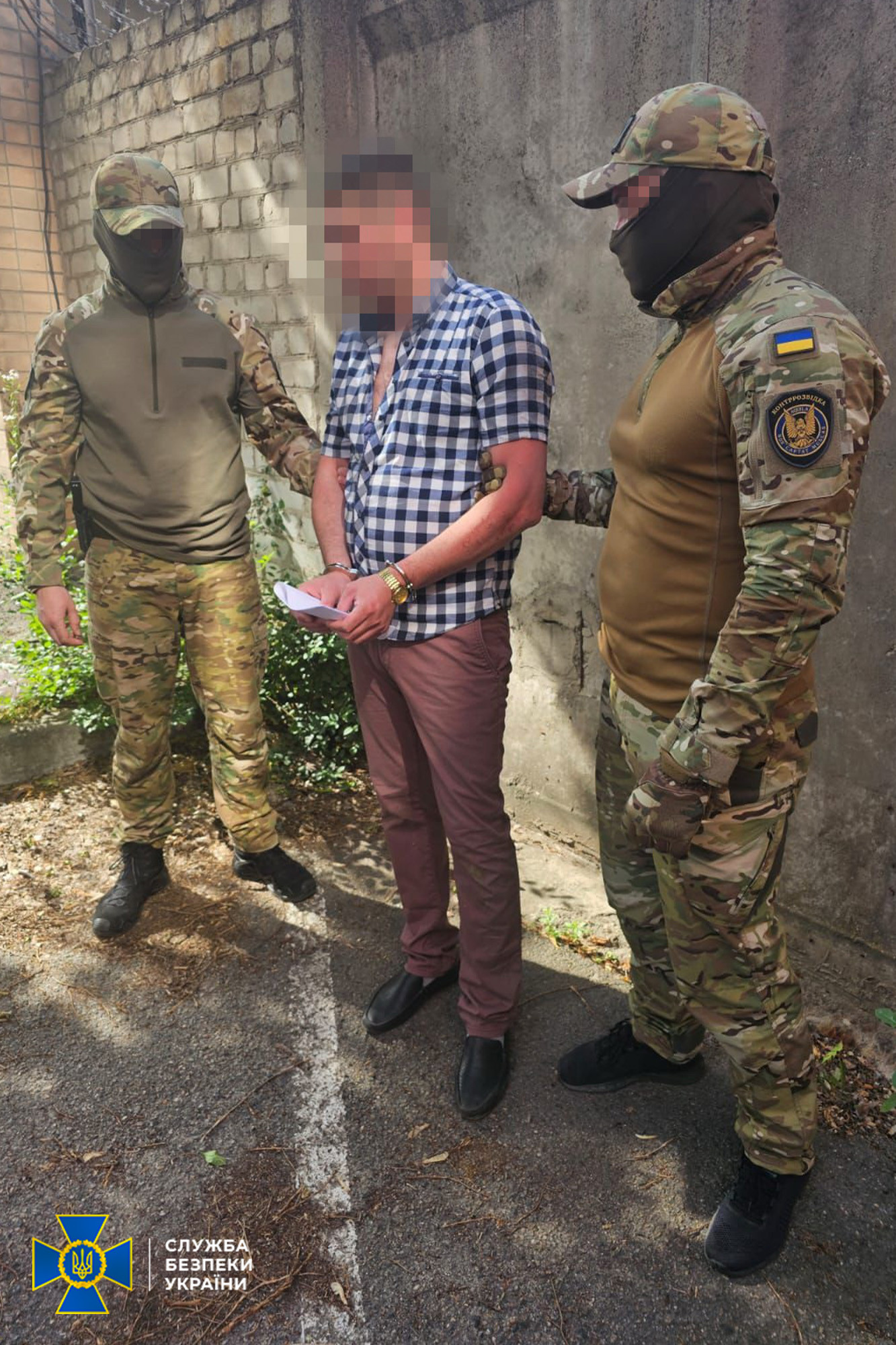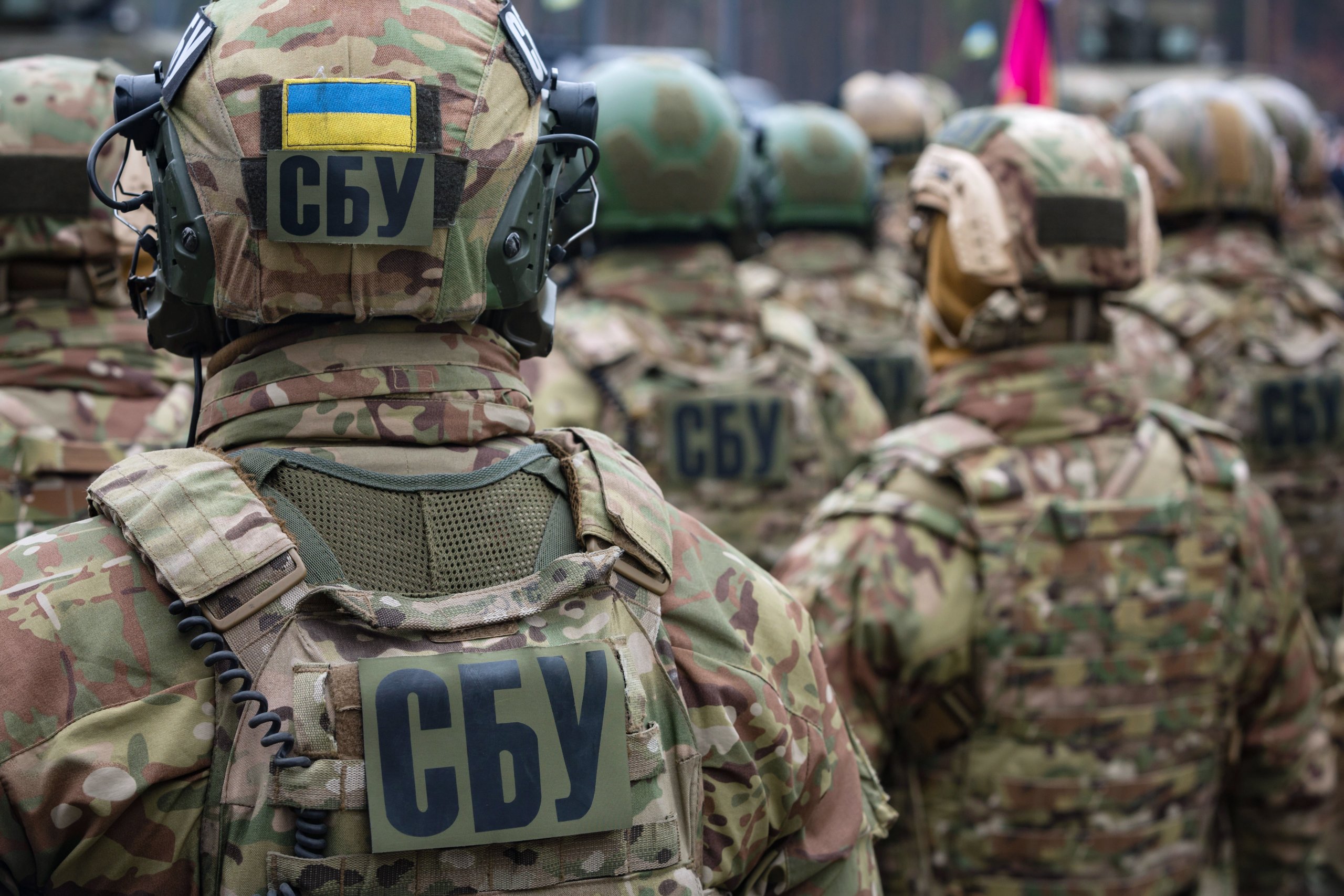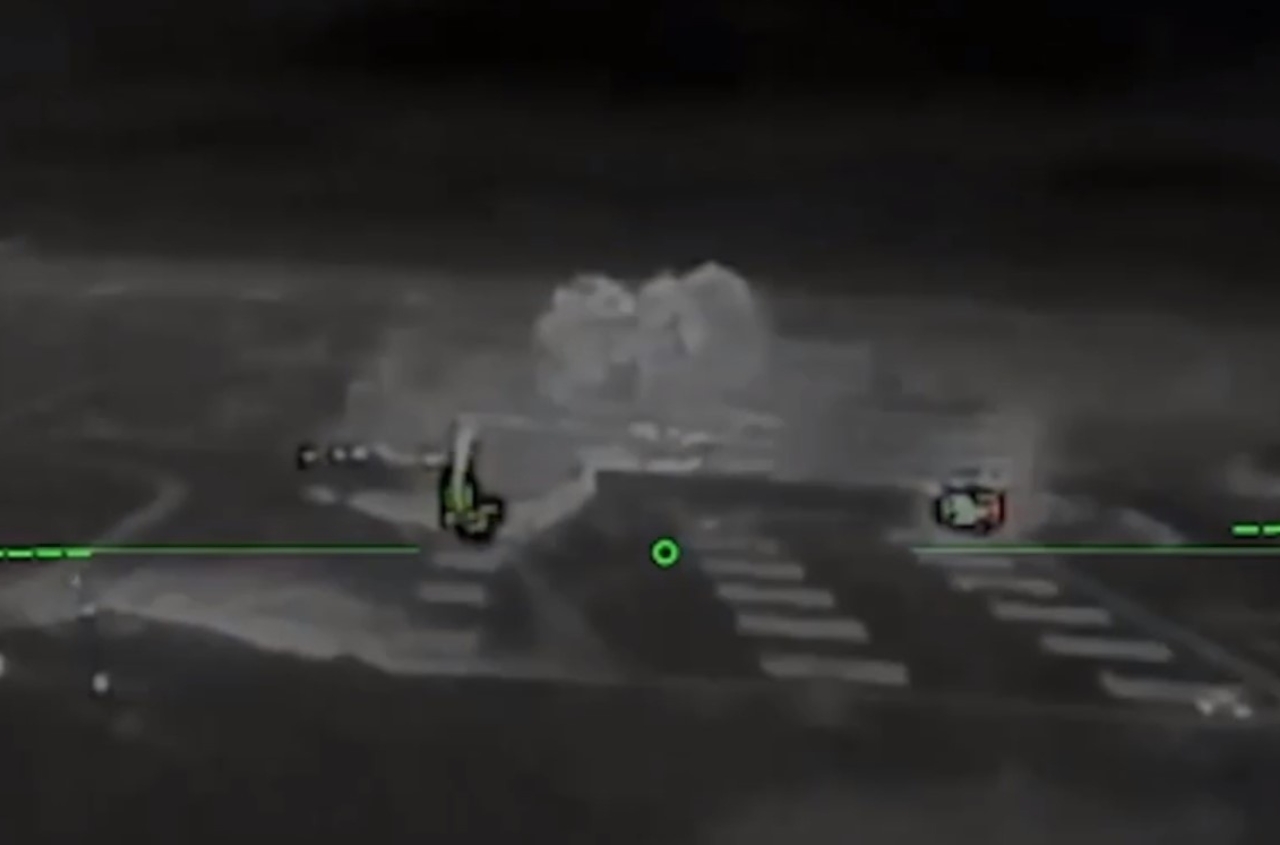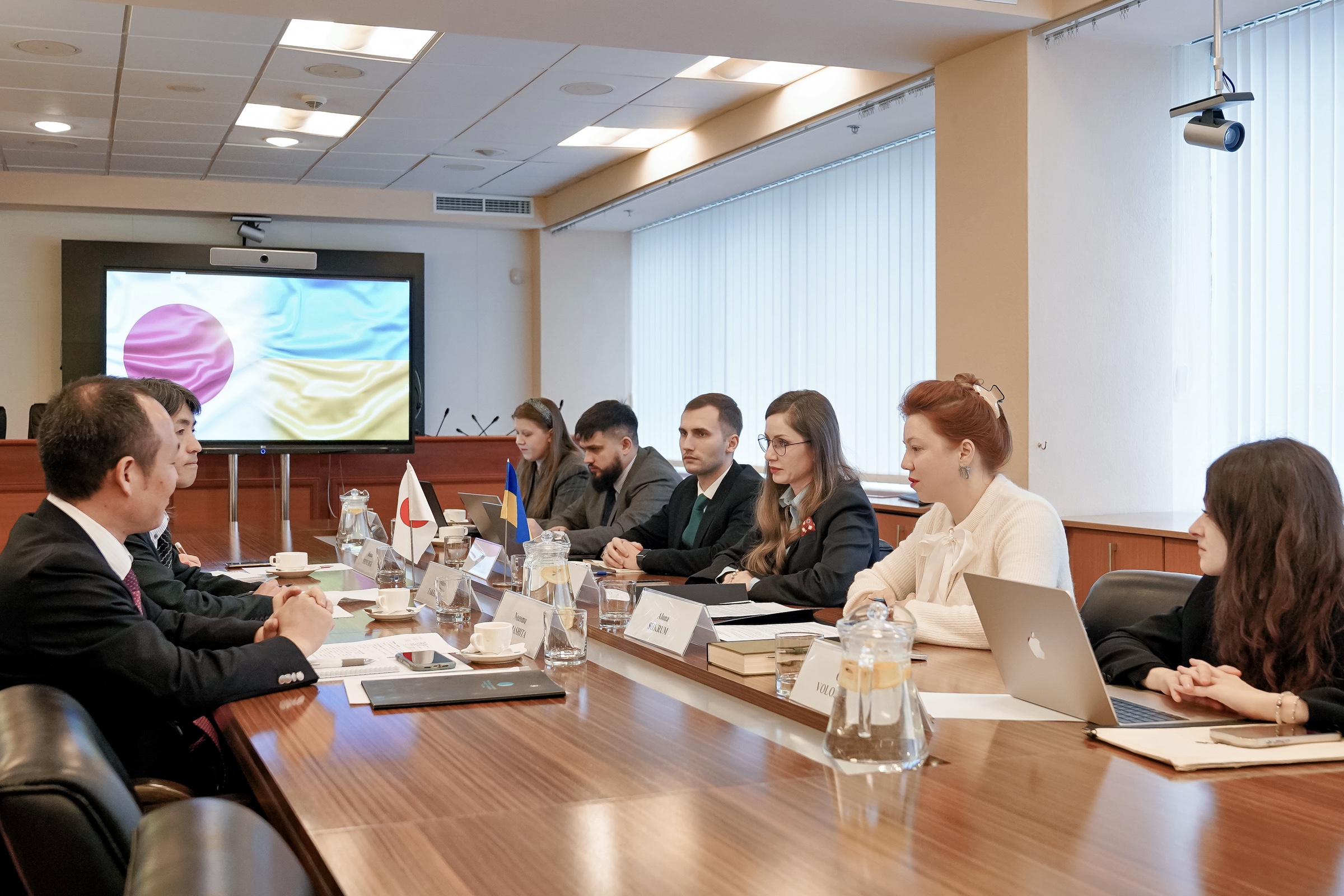The Security Service of Ukraine has thwarted an attempt by the FSB to obtain current geolocations of relocated defense-industrial complex plants in Zaporizhzhia.
According to SSU counterintelligence data, the enemy was interested in the coordinates of workshops of Motor Sich PJSC and another machinery plant producing components for the Ukrainian Armed Forces aviation. Primarily, the aggressor sought the locations of design bureaus and manufacturing facilities, which were relocated after the full-scale invasion and where engines for combat helicopters and UAVs are manufactured.
To obtain intelligence, the Russian special services involved their agent—a machine tool mechanic from one of the industrial sites of Motor Sich. At the Russian orders, their "mole" circumvented the enterprise's territory and documented the locations of production workshops and warehouses with finished products. Subsequently, the perpetrator marked the "required" locations on Google Maps for further transmission to the FSB. He prepared to submit a corresponding "report" to the aggressor through his brother—an unemployed local resident who was in direct contact with a personnel officer of the Russian special services. Upon receiving intelligence, the Russians planned to conduct targeted missile strikes on defense facilities in Zaporizhzhia.
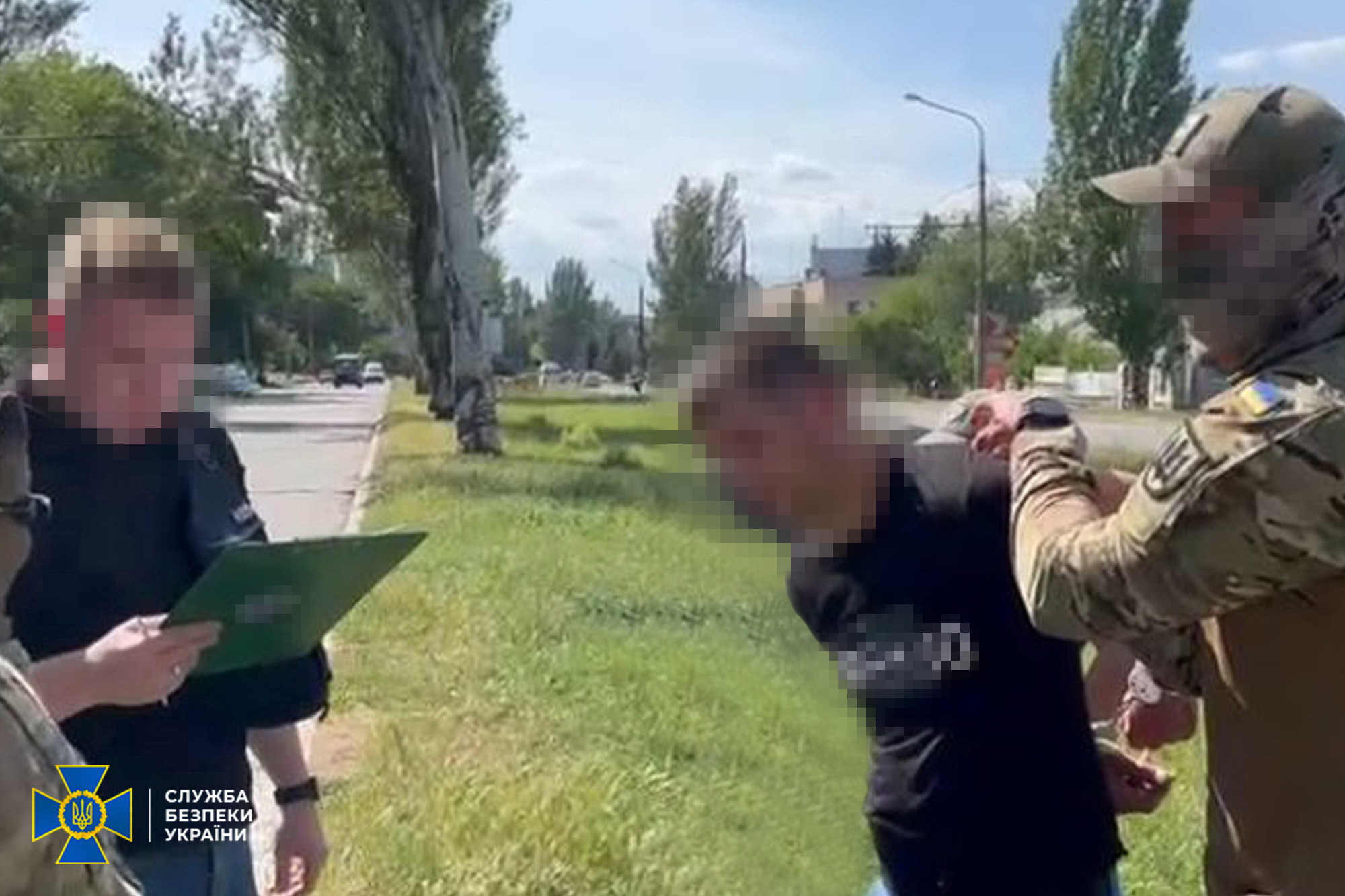
However, SSU counterintelligence officers exposed both traitors and apprehended them in the act as the perpetrators were preparing a communication session to transmit intelligence to the FSB. Also, the Security Service conducted comprehensive measures to secure the defense-industrial complex facilities of Ukraine.
According to the investigation, both suspects fell under the scrutiny of the Russian special services due to their father—an ideological pro-Russian supporter residing in the temporarily occupied region.
After remote recruitment, the agents were brought into direct contact with an FSB representative. Anonymous chats in a popular messenger were used for communication.
Currently, SSU investigators have informed both detainees of suspicion under Part 2 of Article 111 of the Criminal Code of Ukraine (state treason committed in conditions of martial law).
The criminals are in custody, facing life imprisonment.
